The graduation ceremony celebrated the program’s second cohort (SEED 2.0) with 200 graduates who were recognized for completing the SEED entrepreneurship training curriculum and also earning micro grants to fund their businesses.The business and entrepreneurship training prepared the SEED participants to own and operate businesses in various areas such as: language translation services, real estate, food service, hair and beauty, video and photography and child care. Business coaches from various ethnic-based community organizations were also honored for their role in the SEED program by supporting the entrepreneurs business ambitions, providing business and entrepreneurship training, language interpretation services and working tirelessly to realize their clients’ visions.
The atmosphere throughout the event was lively and filled with anticipation. Various speakers made remarks about the SEED program and the impact it has had on the refugee community within San Diego. Nao Kabashima, the Executive Director of the Karen Organization of San Diego, started off the graduation event with welcome remarks. Ruth Tadesse, SDRCC SEED Program Coordinator, promptly followed to present the SEED 1.0 evaluation report, and highlight key accomplishments. We had a special presentation from District 1 and District 4 to present a proclamation to SDRCC for World Refugee Month. The proclamation was presented by Gina Perez-Hall (Chief, Departmental Operation, Office of Immigrant and Refugee Affairs, Department of Homeless Solutions & Equitable Communities, County of San Diego Health & Human Services Agency), Carey Riccitelli (Director, Office of Strategy and Innovation, County of San Diego Health & Human Services Agency) and Paola Martinez-Montes (Senior Advisor & Director of Community Engagement, County of San Diego, Fourth District). Next Jana Lazarewicz and Peter Cooper from the California State Employment Training Panel made remarks about the significance of the program. LISC SD staff Nadine Umutoni, and Ivonne Rojas spoke about the leadership role LISC SD played in implementing the SEED program. They also presented the business coaches with a certificate of appreciation recognizing their role. To view the SEED 1.0 evaluation report and learn about the success and lessons learned throughout the implementation of the pilot SEED 1.0 program, please use this link.
Furthermore, our SEED 2.0 entrepreneurs and business coaches received certificates from Senator Steve Padilla Office, Senator Toni Atkins Office, Assembly member Akilah Weber Office and Assembly member Christopher Ward. The entrepreneurs expressed that receiving the certificates made them feel acknowledged and celebrated. The refugee community served by the SEED program is truly diverse and is evident by the many different cultural attires that were represented by attendees. The beautiful mix and matches of traditional wear decorated the event venue.
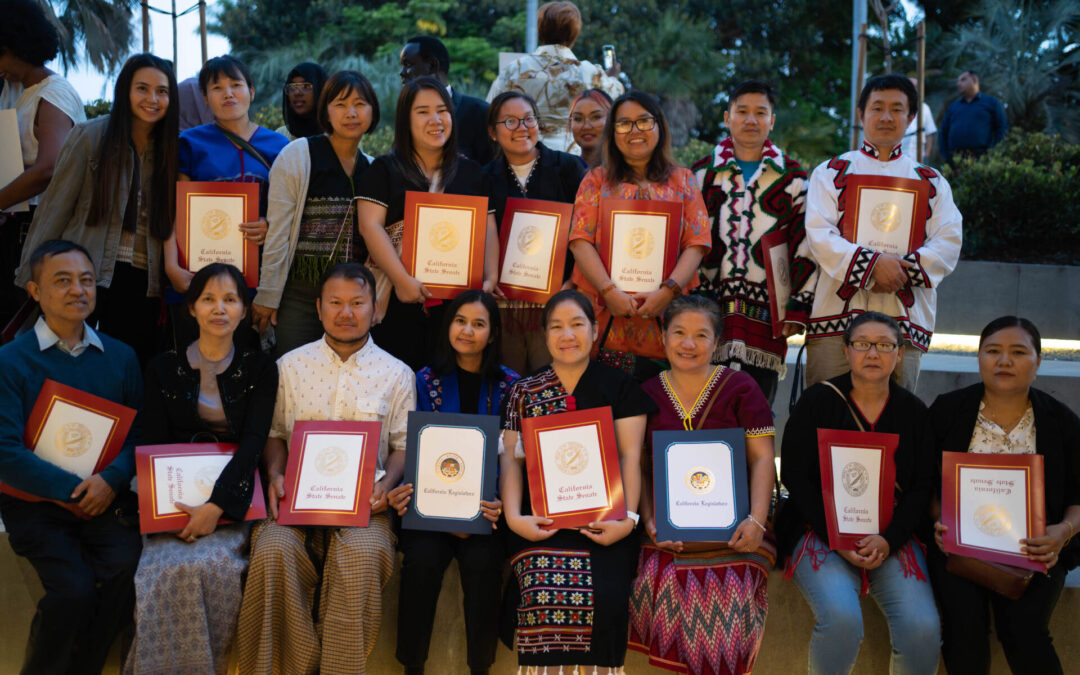
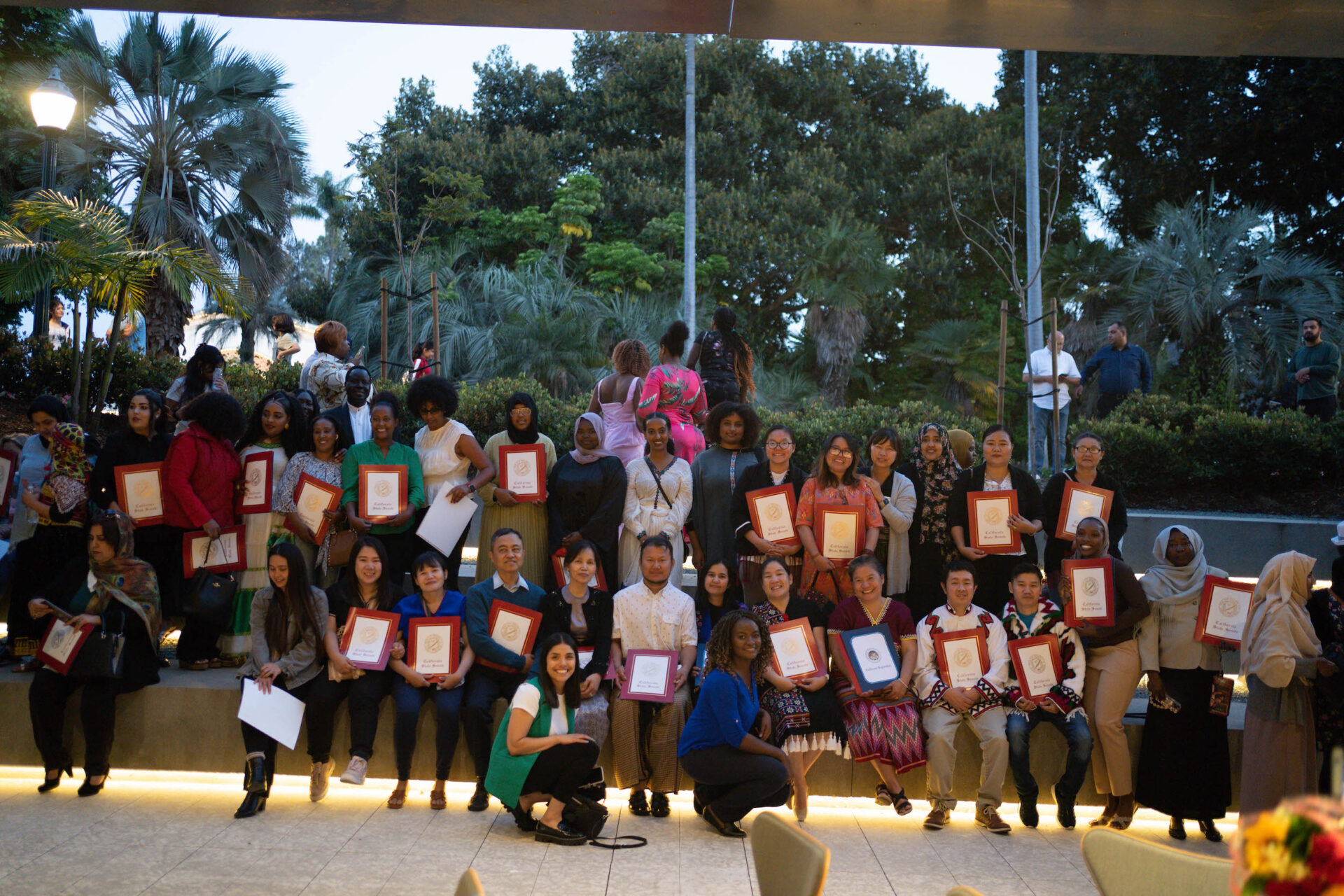
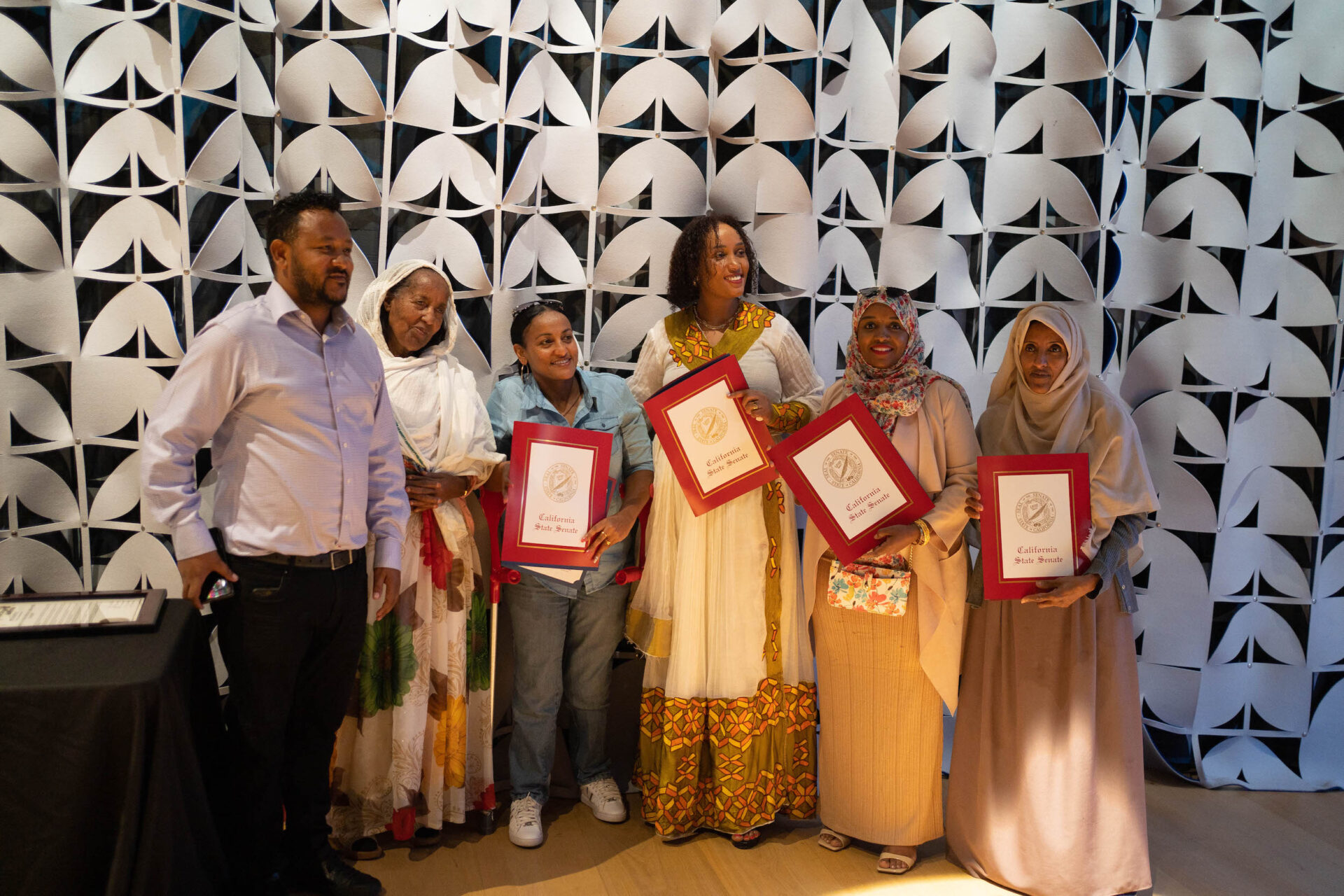
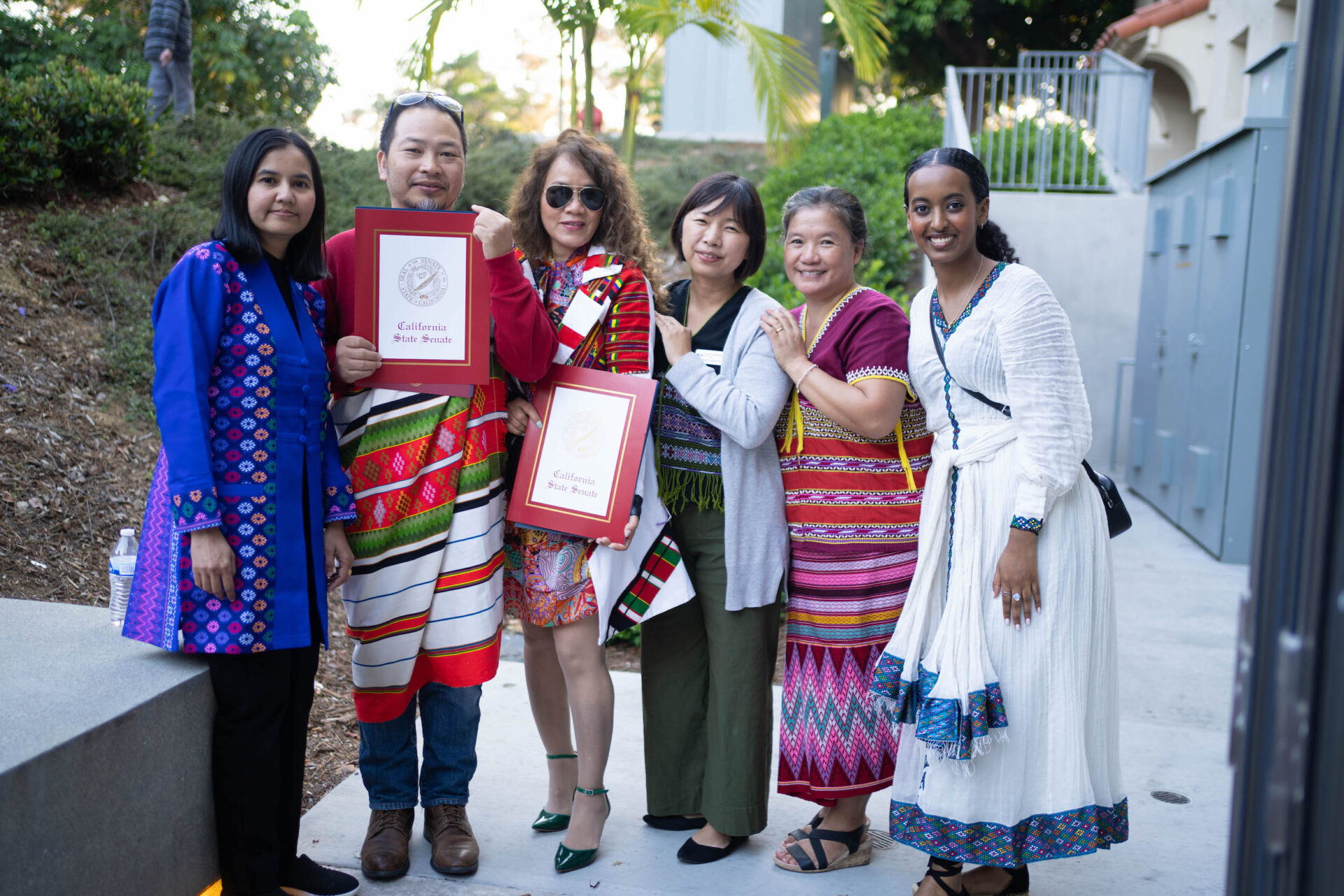
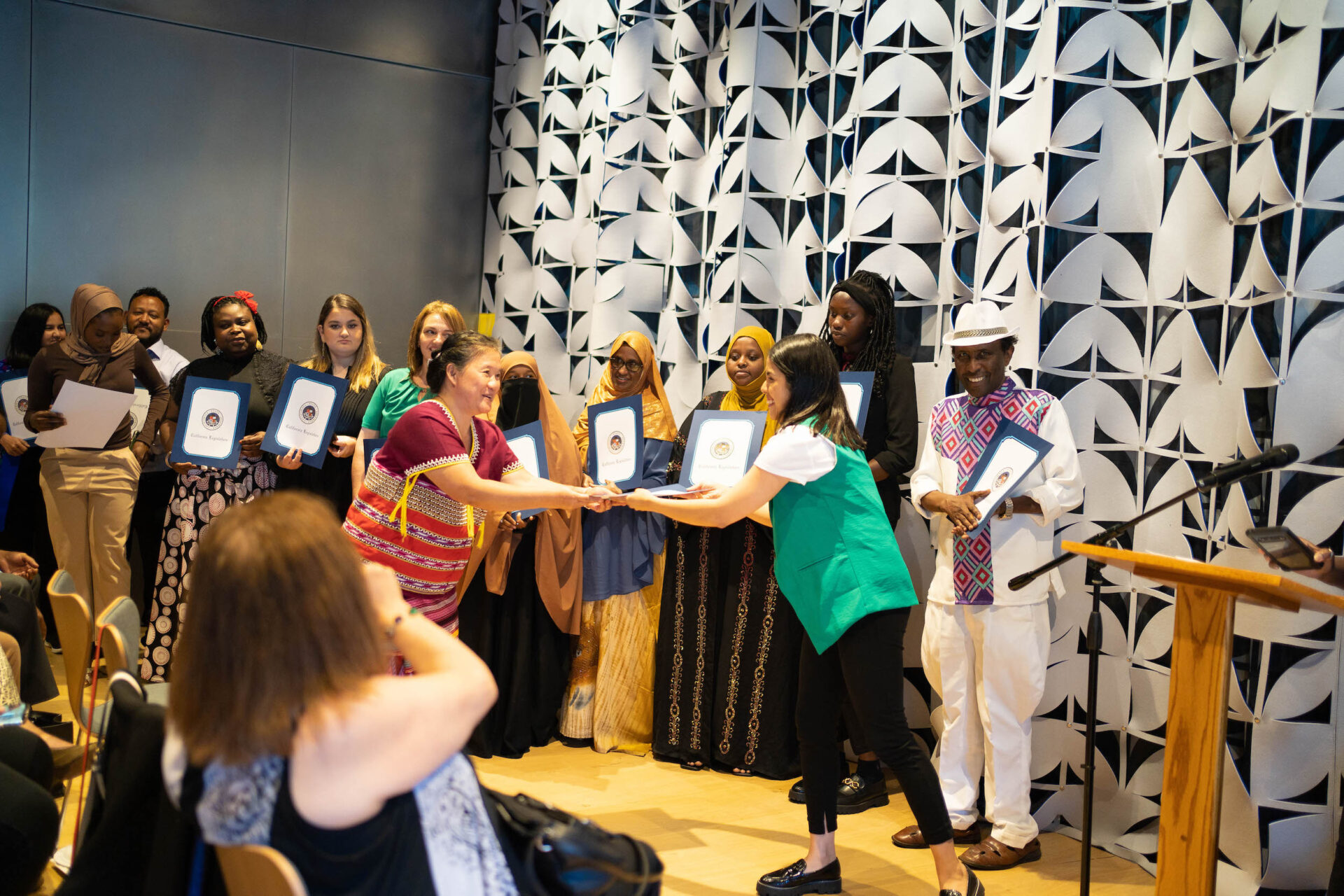
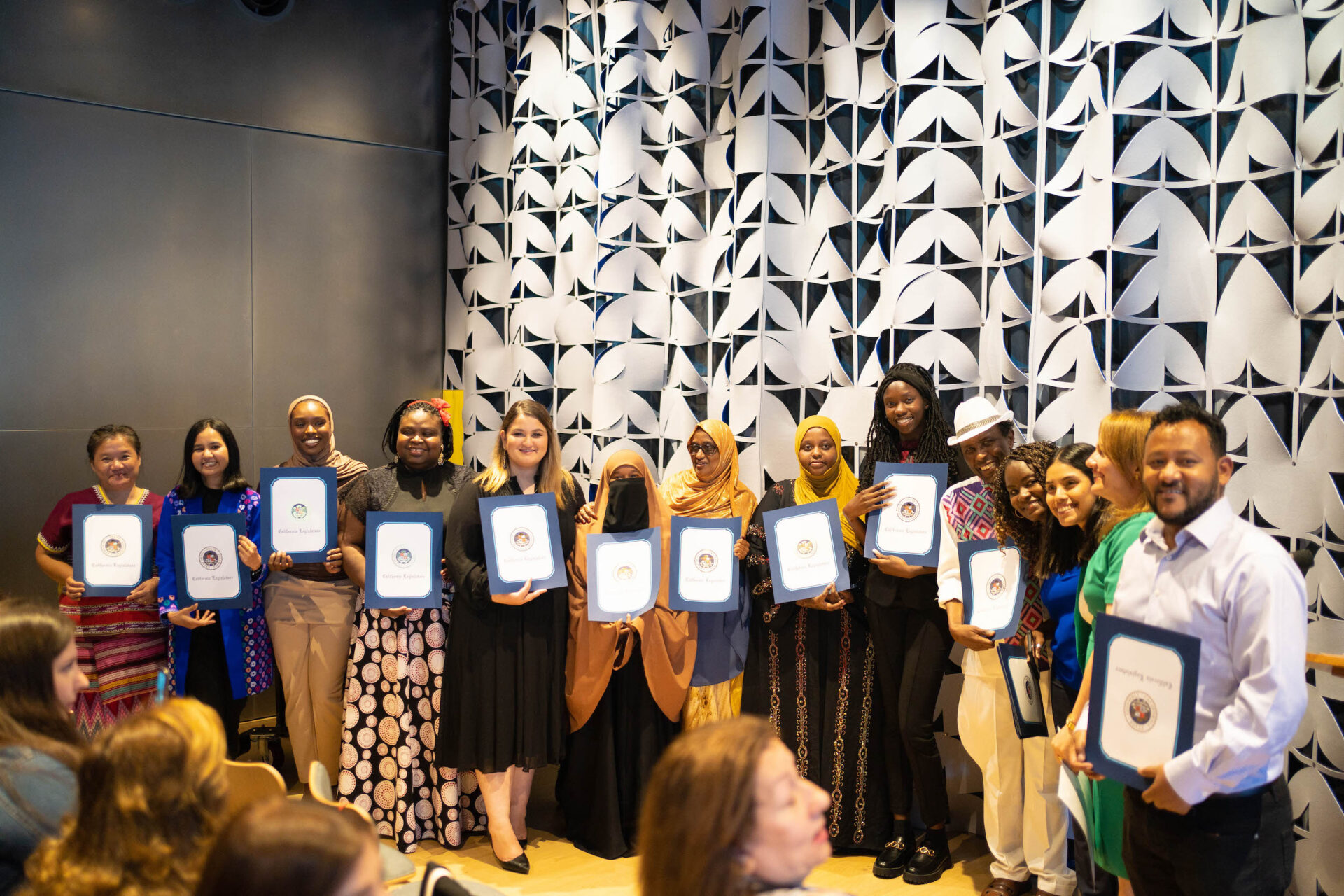
Recent Comments